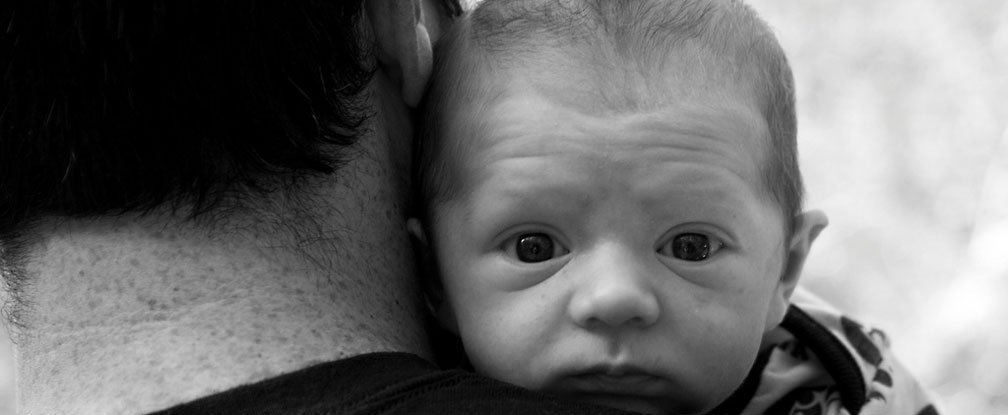The term ‘dad bod’ may only been coined this year, but already there’s scientific evidence backing up the notion that fatherhood changes men’s bodies, and in ways that might not be considered flattering.
In a wide-ranging 20-year study that tracked the Body Mass Index (BMI) of more than 10,000 men, researchers found that the ‘dad bod’ really does exist, although they use a different name to describe the phenomenon. The ‘fatherhood effect’, as they call it, is responsible for making new dads gain weight after their babies are born, and the extra heft happens regardless of whether fathers live with their child or not.
The study, conducted by researchers at the Northwestern University Feinberg School of Medicine in the US, found that the typical 180 cm-tall man living with his new child gains an average of 2 kg after the bub arrives, while those who live away from the child’s home gain 1.5 kg on average. These weight gains, thought to come about due to a new dad’s changes in lifestyle and eating habits, correspond to a 2.6 percent and 2 percent rise in the men’s BMI respectively, which is in addition to the weight gain many will have already incurred as a result of having gotten married.
The study recorded x number of young men’s weight and BMI at four points over the course of their lives - early adolescence, later adolescence, mid–20s, and early 30s - classifying them as either non-fathers, resident fathers, or non-resident fathers.
In the same period that young dads experienced weight-gain, men who didn’t become fathers actually lost weight, with the average 180 cm-tall man dropping nearly two-thirds of a kilogram.
The research, published this week in the American Journal of Men’s Health, may elicit a few smiles at the expense of portly dads, but its authors are seeking to demonstrate that the links between weight gain and poor health are no laughing matter.
“Fatherhood can affect the health of young men, above the already known effect of marriage,” said Craig Garfield, lead author of the study, in a statement. “The more weight the fathers gain and the higher their BMI, the greater risk they have for developing heart disease as well as diabetes and cancer.”
The researchers believe paediatricians may be best placed to offer health advice to young fathers, many of whom don’t see doctors regularly about their own physical well-being.
“New dads are coming into the health care system as a paediatric chaperone,” Garfield said. “This is an opportunity to talk about things that are important for dad’s health and the child’s health and to offer dads nutritional counselling and mental health education."
Fuente: www.sciencealert.com
